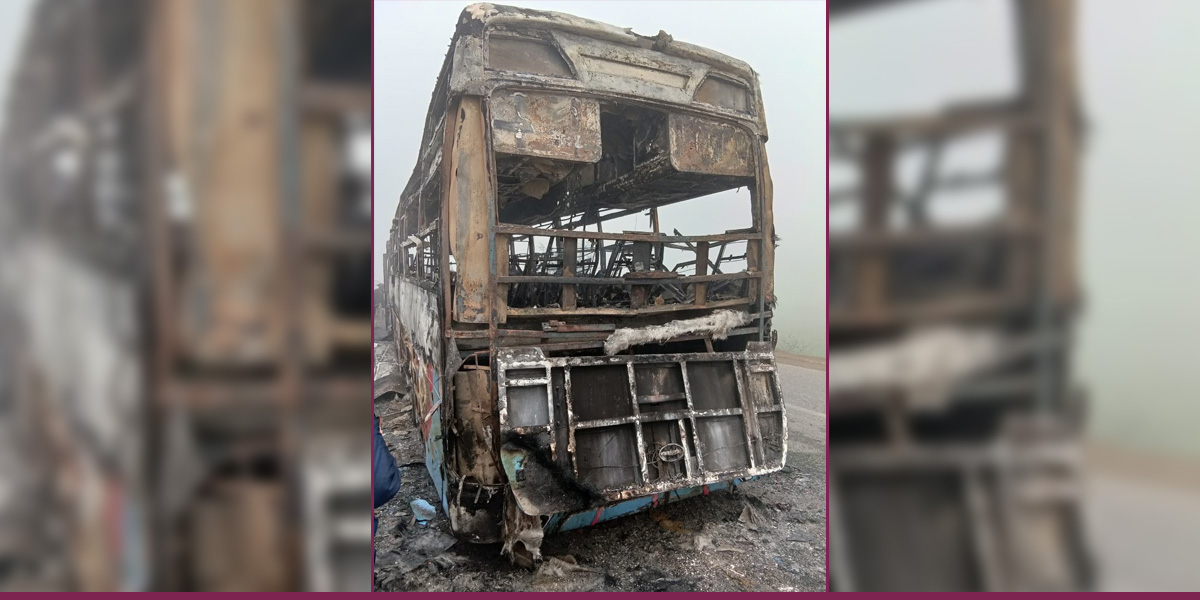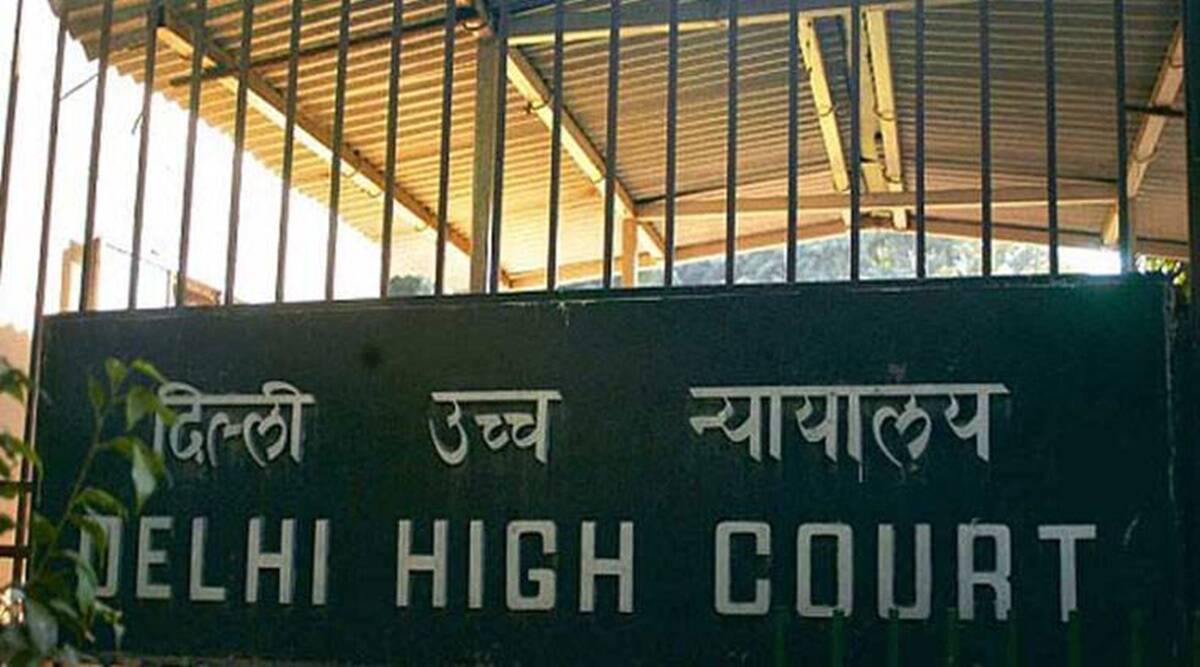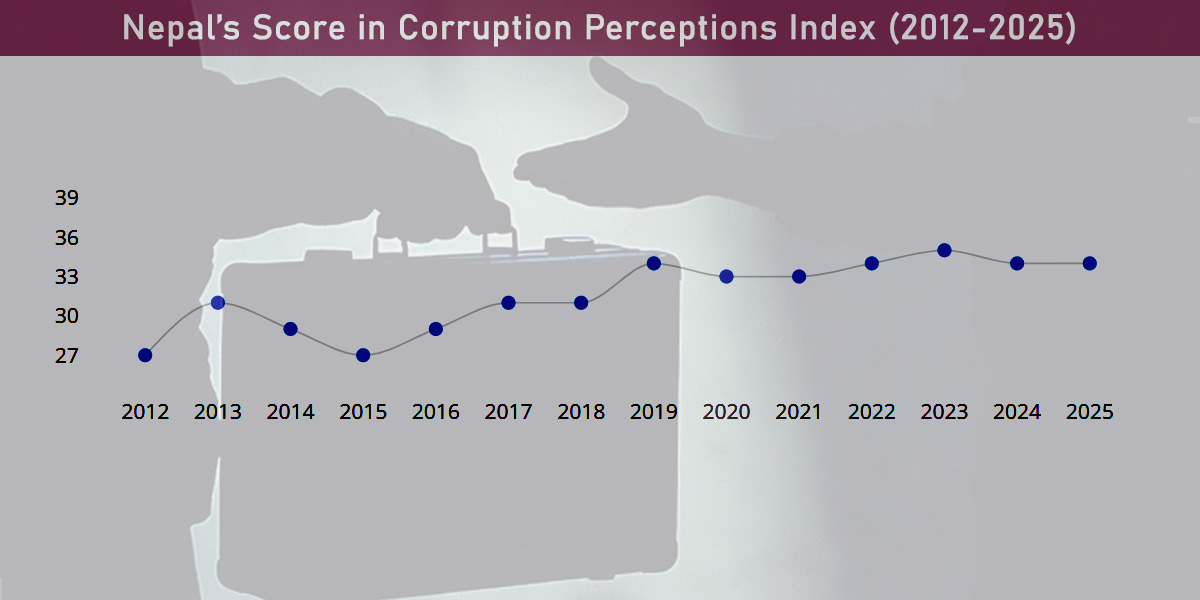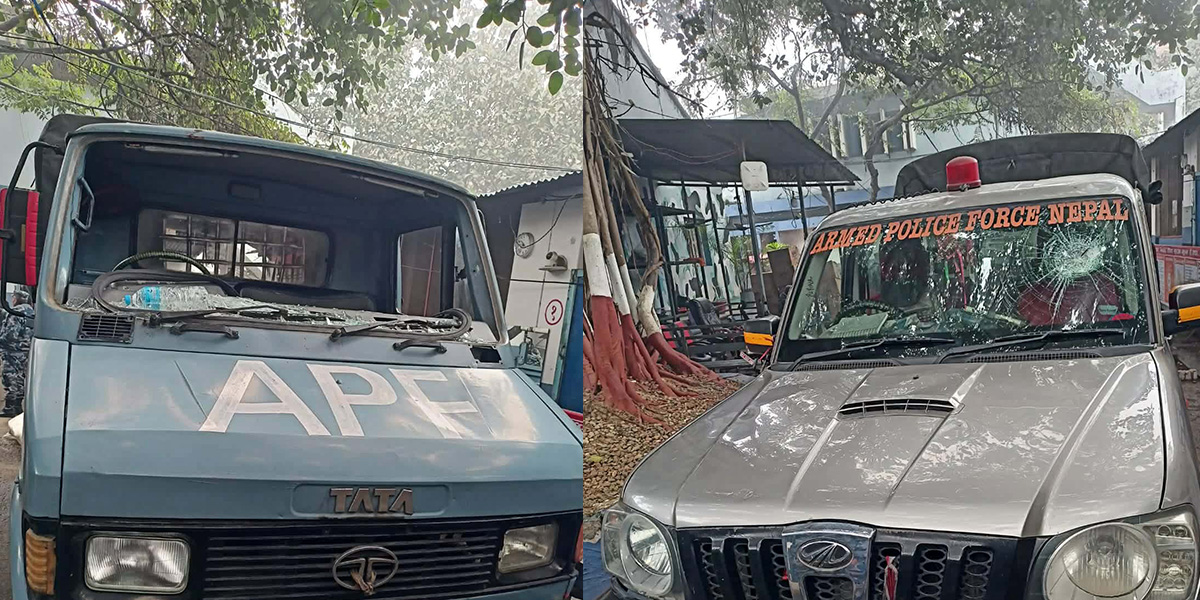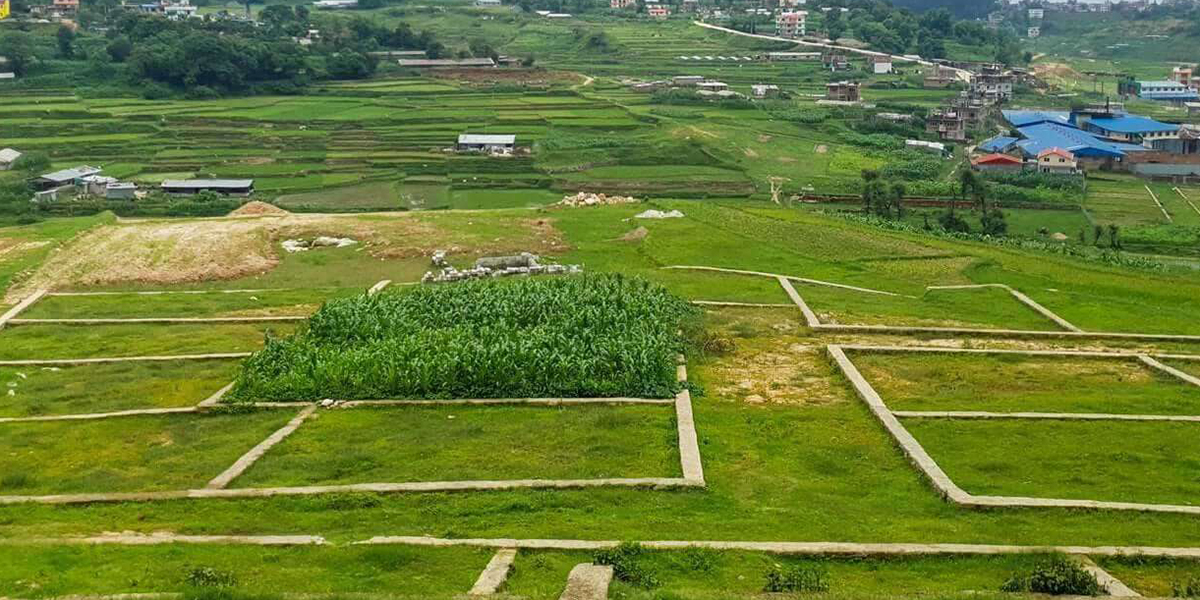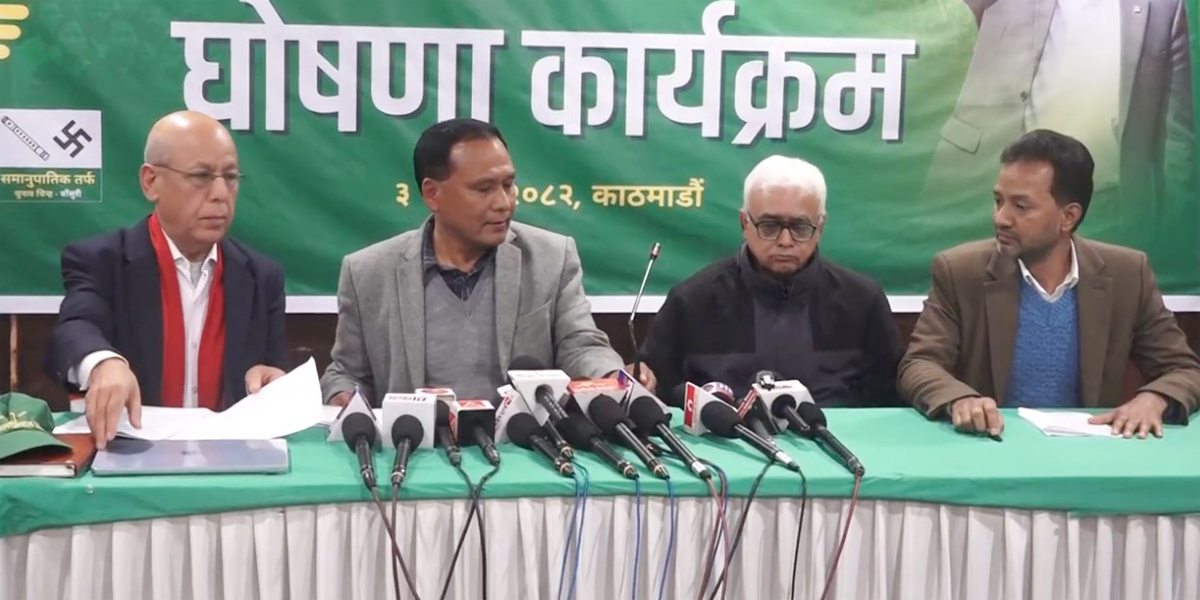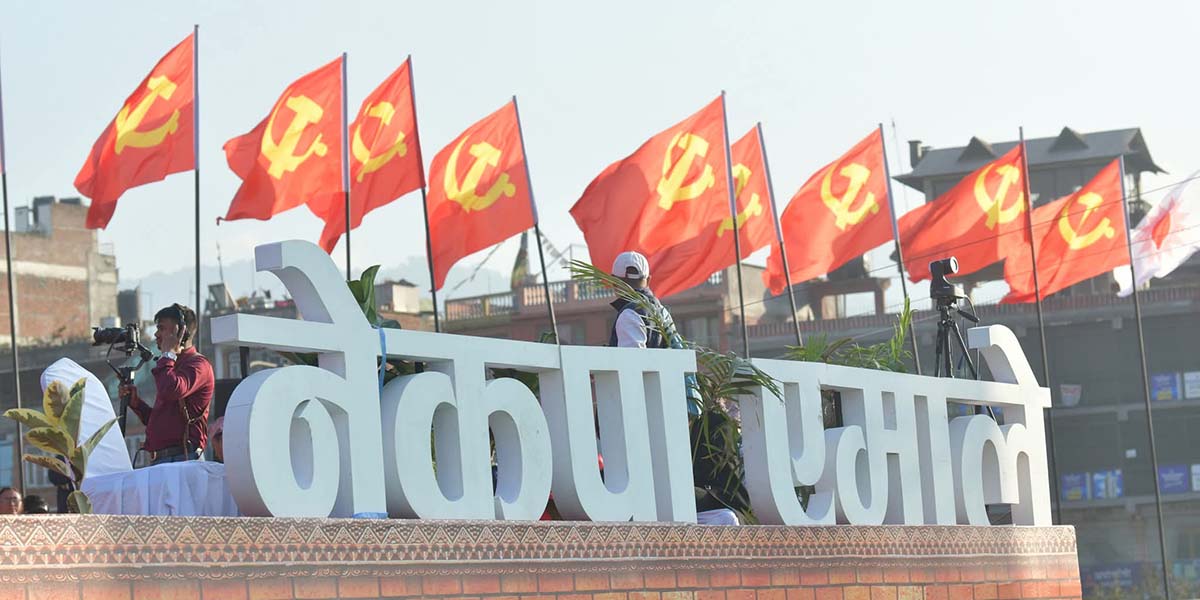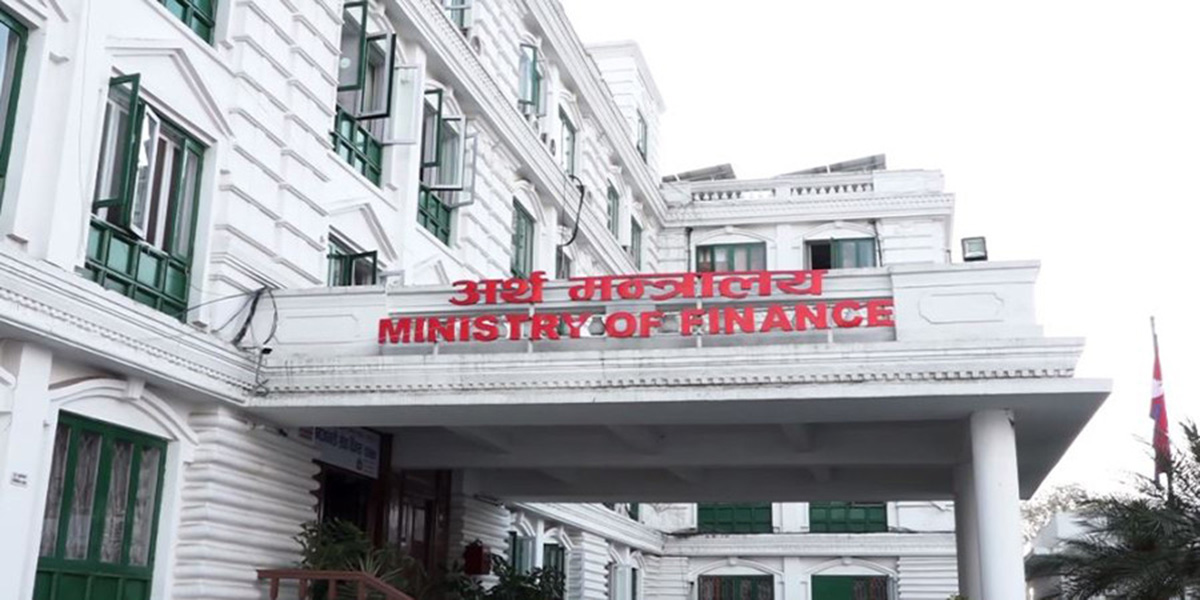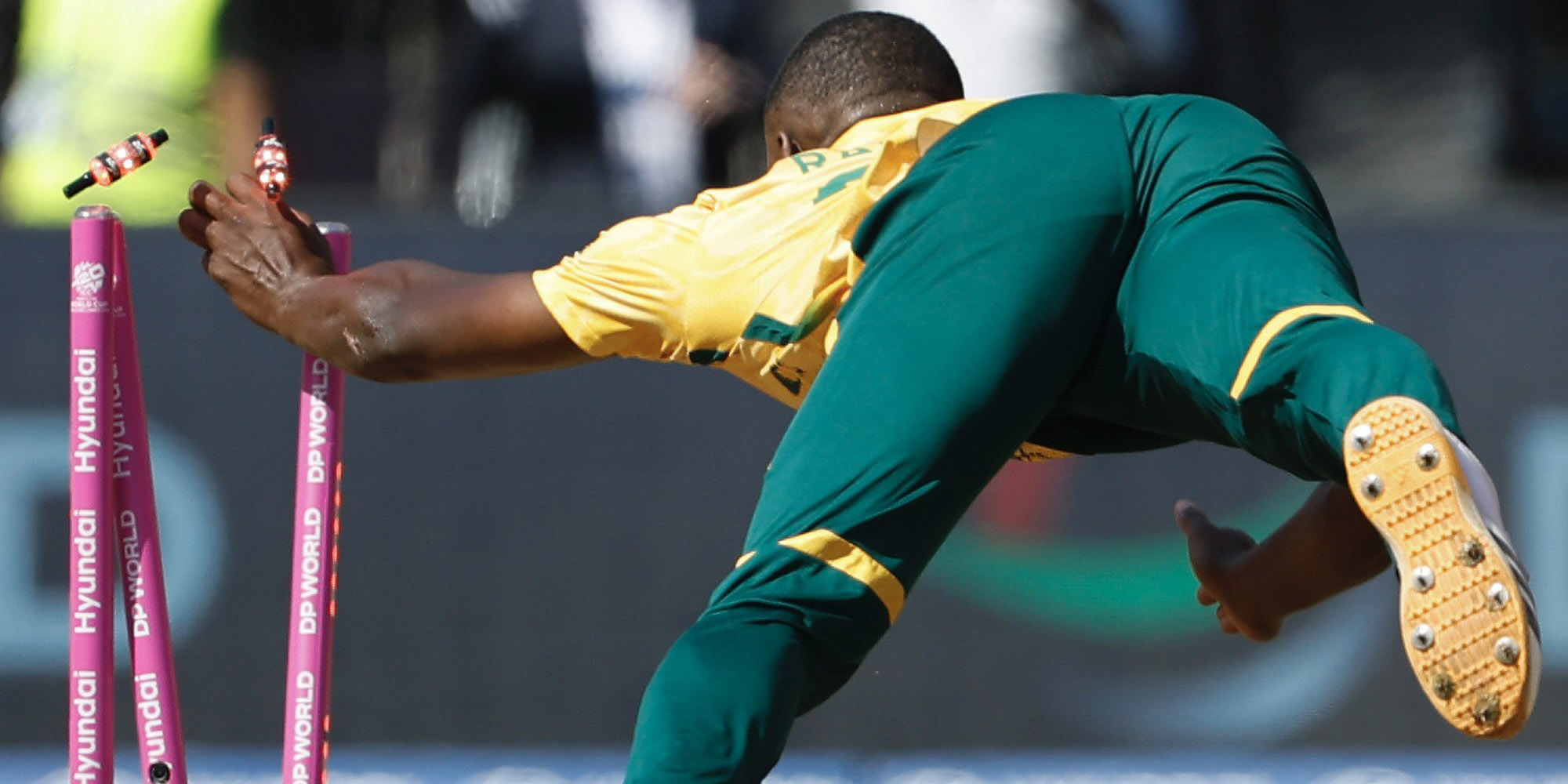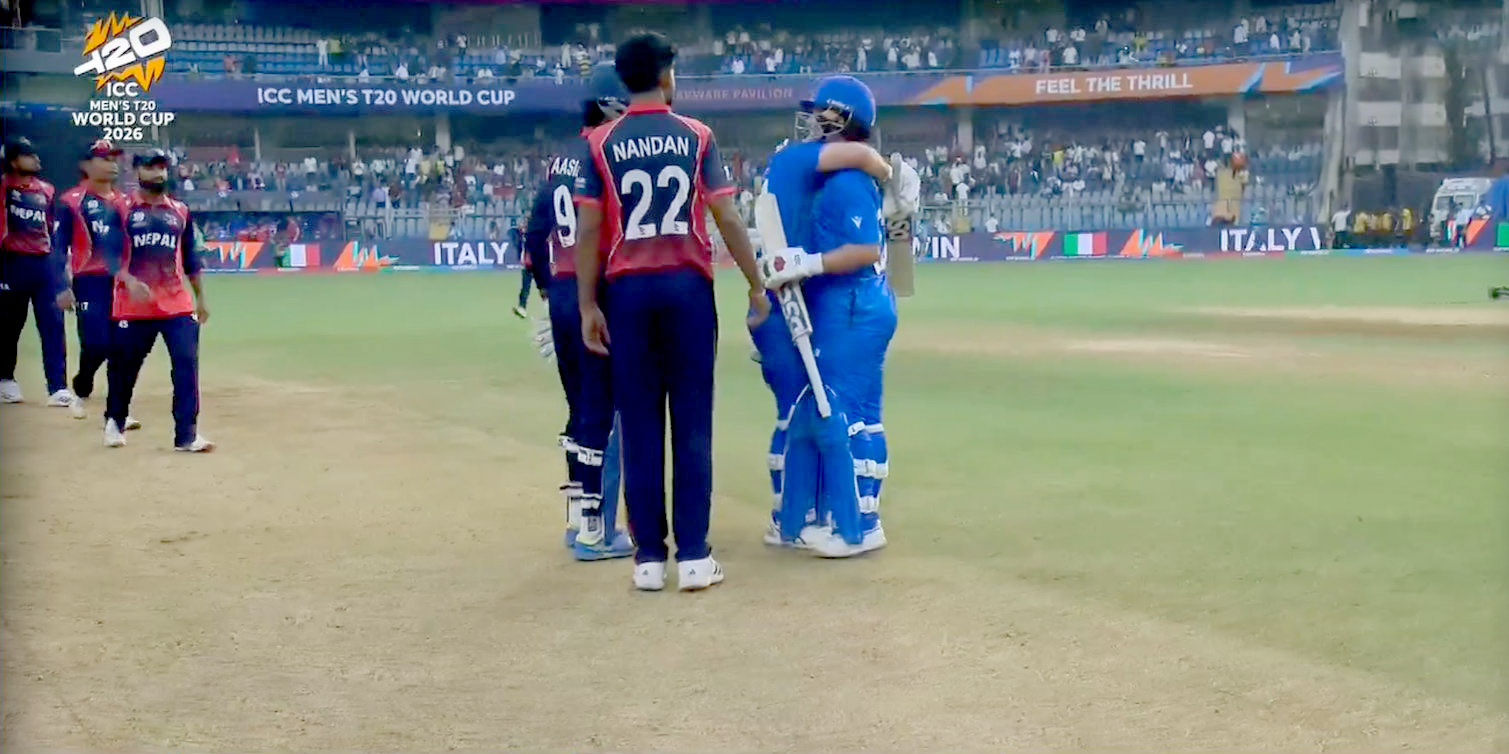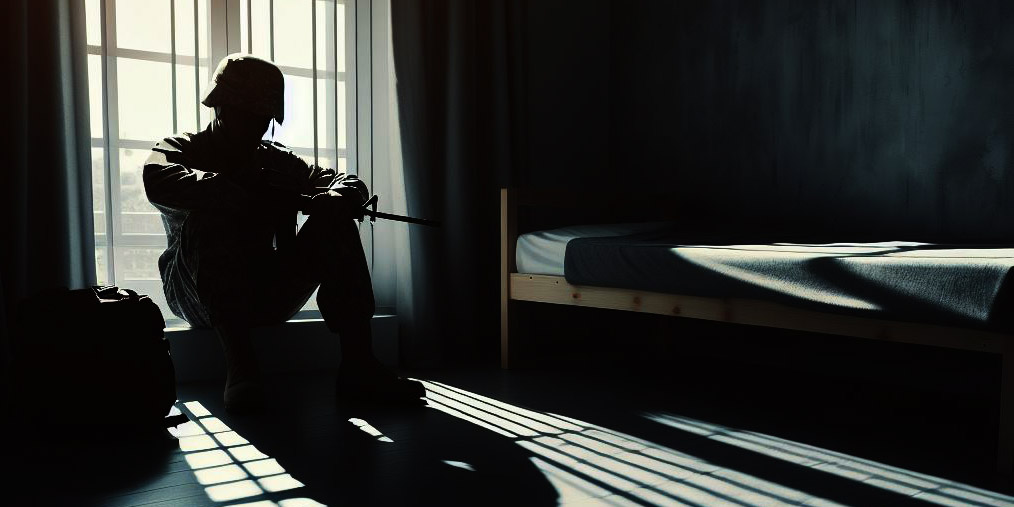 Generated by AI
Generated by AI
I was employed with Dubai Police when I received an offer to join the Russian Army. Some of my friends had already departed for Moscow, and enticed by the attractive salary, I too decided to join the Russian Army. I paid Rs 900,000 to a recruitment agent. Agents from countries like India, Russia, and even Nepal are active in UAE to send youths to Russia.
After completing all the necessary formalities in the UAE, our team of seven Nepalis flew to Moscow. Upon our arrival at the Moscow airport, Russian soldiers confiscated our passports and mobile phones. Six other Nepalis were also present at the airport, and all 13 of us were taken to the recruitment center. There already were many Nepalis at the center. Following the selection process, we were transported to a training center where we underwent a 19-day weapon training. Subsequently, we were deployed to the Bakhmut region of Ukraine.
Life was difficult at the warfront. Ukrainian soldiers would relentlessly attack us using drones. There were three Nepalis, including Mani Raj Limbu from Sunsari and Kabindra Magar from Morang, on our team. Many Nepalis were fighting for the Russians in other teams. Russians would strategically place well-built Nepalis on the frontline. Over time, communication with our families was restricted. Also, the scenes of our compatriots falling in battle became increasingly distressing for us. We three ultimately decided to flee.
Our first attempt failed. But we were determined to escape. We established contacts with agents in Moscow and successfully fled on the second attempt. A Pakistani taxi driver in Bakhmut took us to Moscow for 10,000 roubles. In Moscow, we we four other Nepalis – Krishna Prasad Oli from Dailekh, Rabin Joshi from Kailali, and two friends from Dhading and Nuwakot districts. We hid in Moscow for 11 days fearing that the Russian soldiers might be after us. After hiding for 11 days, we came to know that many agents were active in Moscow facilitating escapes from Russia for a fee. We negotiated with many agents who promised us to take to New Delhi via Azerbaijan. Agents like Manoj Kumar Joshi of Balaju, Kathmandu, Anup Danwuar, ‘Alam Sir’ from Rupandehi, and Sandeep Karki are active in Moscow. After a lot of requests and negotiations, the agents prepared our documents for a fee of $1,200 each.
Over time, communication with our families was restricted. Also, the scenes of our compatriots falling in battle became increasingly distressing for us. We three ultimately decided to flee.
We paid Joshi $4,000 each to escape from Russia. His associates took us to dense forests stating that they were taking us to Azerbaijan. We had no other option but to believe them. We were handed over to Pakistani nations at around 2 am one day. We boarded a truck carrying food grains and reached Azerbaijan after five days. The agents – Joshi, Alam Sir, and Sandeep – accompanied us to Azerbaijan. They, however, soon went out of contact. Stranded for nine days in Azerbaijan, we sought help from agents in Moscow who directed us to Sabitra Aryal. She arranged flight tickets for us. We were asked to pay $3,000 each for airfare to New Delhi. She also accompanied us to the airport. Upon reaching New Delhi, we stayed in a hotel for nine days. Confident that Russian soldiers wouldn’t be able to arrest us, we also arranged basic health treatment for our three injured friends.
In total, we spent Rs 900,000 each to go to Russia and an additional Rs 800,000 to escape. Any attempts to flee the warfront resulted in Russian soldiers confiscating passports and imprisonment. A Russian soldier had told us in Bakhmut that over 80 Nepalis are in various jails. They also told us that there were more than 1,000 Russian soldiers in the Russian Embassy in Kathmandu and that anyone fleeing the warfront would be arrested and repatriated to Russia.
Although we were promised a monthly pay of Rs 400,000, we weren’t provided any salary.
(As told to Ramesh Bharati of Himal Press)


![Maha Shivaratri being celebrated across the country [With Pictures]](https://en.himalpress.com/wp-content/uploads/2026/02/HRB_KTMImage2026-02-15at7.37.40AM1.jpg)
